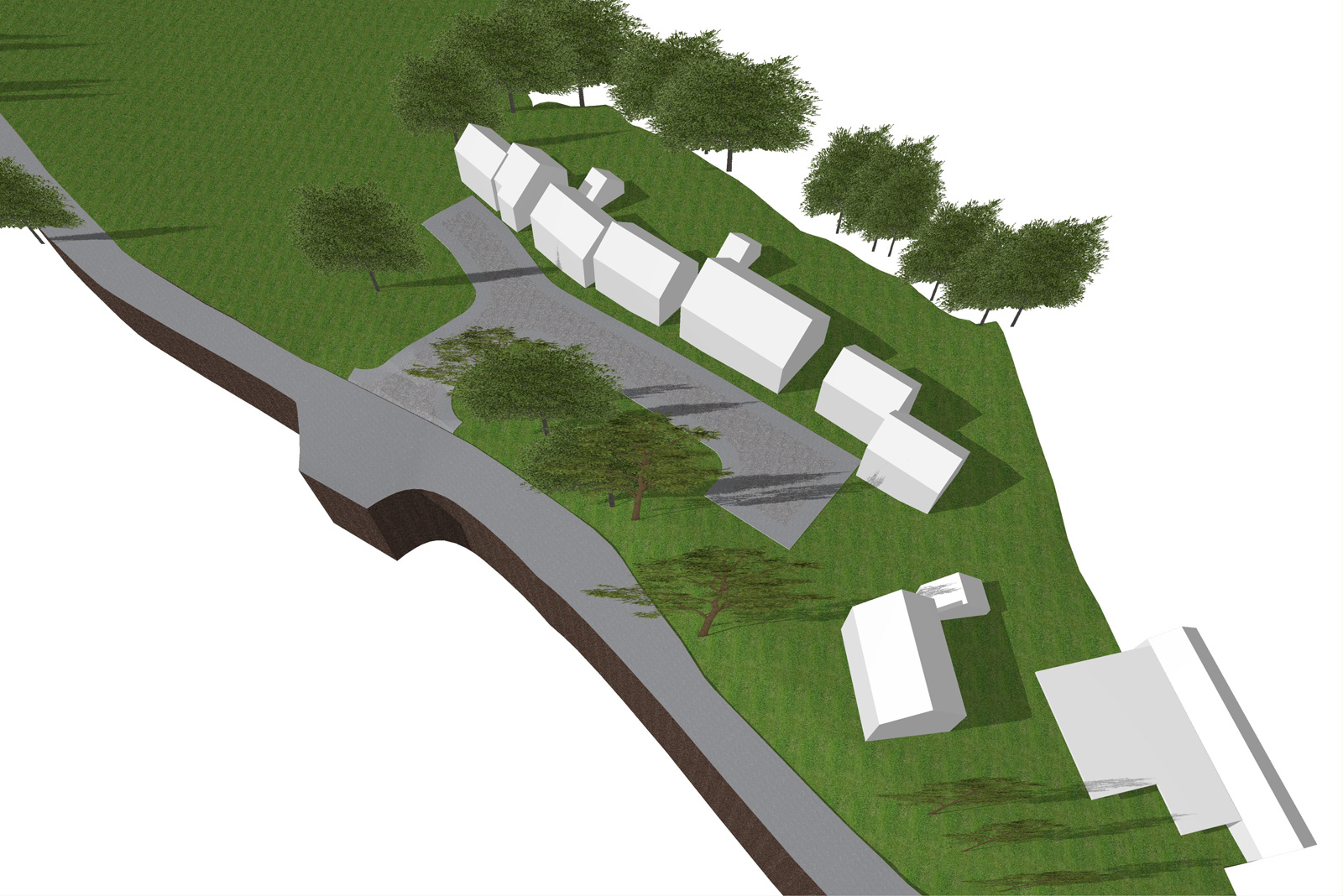Is the Government’s Latest Initiative Providing Genuinely Affordable Housing?
Article written by:
Rob Csondor
With the country’s mind firmly fixed on the COVID-19 crisis, other, normally significant issues have had to take a back seat. One such issue are the Government’s proposals for the delivery of affordable housing in England.
At the beginning of February 2020, the Government released its consultation on what it calls “First Homes” with comments invited by 1st May 2020, although it would not be surprising to see this extended given the situation.
According to its definition, First Homes comprise the following:
- First Homes are flats and houses built on developments up and down the country. They will be no different from other properties except they will be sold with a discount of at least 30 percent.
- They will be sold to local people who want to stay in the community where they live or work but are struggling to purchase a home at market prices.
- They will be prioritised for first-time buyers, serving members and veterans of the Armed Forces, and key workers, such as nurses, police and teachers.
- The discount will be passed on to future buyers when First Homes are resold so more people can be helped onto the ladder.
Some may recall a previous government affordable housing initiative called “Starter Homes” which although focused on the delivery of homes at a minimum 20% discount on Market Value on former commercial sites, was targeted at delivering affordable homes for predominantly first-time buyers. For whatever reason, this initiative failed miserably and delivered no new affordable properties, something for which a number of government ministers were publicly castigated.
The question is, therefore, does the First Homes initiative stand any greater chance of success?
Well, in the first instance, the discount is greater than the Starter Homes initiative but is it enough and does it make the homes any more affordable to potential purchasers? It is clear that this initiative is not aimed at those most in need of housing as home ownership for the most in need is something which is probably out of reach. Moreso, this cohort is more dependent upon the availability of well-regulated rental accommodation predominantly provided through Housing Associations.
For those who aspire to get a foot on the housing ladder, the First Homes initiative is an alternative to other intermediate housing tenures like shared ownership but, in my experience, a number of local planning authorities (LPAs) already allow the provision of fixed equity properties as an alternative intermediate tenure. This being the case, it is questionable what gap in provision this initiative is seeking to plug.
From a developer perspective, this product appears to offer the same return as a fixed equity property but perhaps with a few more restrictions in place than the existing ‘flexible’ arrangements that many LPAs now allow. Indeed, many LPAs already have ‘local needs’ affordable housing policies designed to give priority to those from the local area and it is questionable how much additional provision this will create.
Affordable housing provision has always been a contentious area with developers continually seeking to minimise their requirement through financial viability cases, especially where they have acquired sites at too high a price in the expectation that they can negotiate down planning obligations. The revised NPPF and PPG have done much to reduce this practice and in our view are to be applauded in this regard. This approach has been carried forwards in RICS Professional Statements and draft guidance notes.
Ultimately though, there is a limit to what developments can viably support in terms of affordable housing provision and Development Plans seek to establish those limits through whole plan viability exercises and CIL viability studies. If the First Homes initiative is to be rolled out it is likely to be at the expense of other forms of affordable housing tenure and given this government’s track record, this is likely to be in respect of those tenures that address the most dire need.
Perhaps the government should consider the ideas coming from the West Midlands Combined Authority (WMCA) which, through its Mayor, Andy Street, has proposed that affordable housing provision should be linked to true affordability. The WMCA’s proposals seek to link the definition of affordable housing to real world income of people in the area rather than local house prices. The new definition is based upon people paying no more than 35% of their salary on mortgages or rent.
However the First Homes consultation develops, it is clear that we don’t need more Starter Home type initiatives. What we need is genuinely affordable housing. To a large extent, Housing Associations have been given greater power and money to deliver affordable housing and this is to be encouraged, although we need to be careful that we are not re-making the mistakes of the past by creating vast mono-tenure estates. Linking affordable provision to genuine affordability within mixed tenure developments is what is required and what will ultimately deliver balanced and sustainable communities.
RCA Regeneration has significant experience in affordable housing. From brokering and securing deals with Registered Providers (RPs) on behalf of developers; through negotiating the form and tenure of affordable housing to be provided by developers; to the submission of Financial Viability Assessments (FVAs) on behalf of developers to demonstrate that affordable housing provision is not viable in certain circumstances.
RCA also works on behalf of LPAs assessing developer viability submissions and RPs undertaking RICS Red Book Valuations and submitting FVAs.
RCA's 38 Days of the Housing White Paper; Day 1...
Everyday for the next 38 days we will be providing a link to our responses to the Government's Housing White Paper; here is our reply to Question 1...
Planning for the Future
The RCA team have had steam coming out of our ears going through the Government's new planning white paper.
RCA advises major Birmingham community group
RCA Regeneration has been asked to provide advice to ENTA CIC on possible funding opportunities and property issues in relation to its proposed relocation from St. Chads...
Highways Agency (HA) to become Highways England (HE) – Access Restrictions Eased under License, Powers of Direction Abolished
Much excitement and confusion amongst those long suffering Civil Servants at the Highways Agency when the much touted Infrastructure Act finally went through, confirming...
Revised NPPF – What does it mean for housebuilding?
The highly anticipated revised NPPF was finally published on 19 December 2023. Quite fittingly given the new focus on beautiful buildings and high-quality design, the...
The revised NPPF: summary & early comments
The shiny new NPPF is here. Except, it’s not really that new at all. We have become very familiar over the course of the last year with how the government wishes to...







Leave a Comment